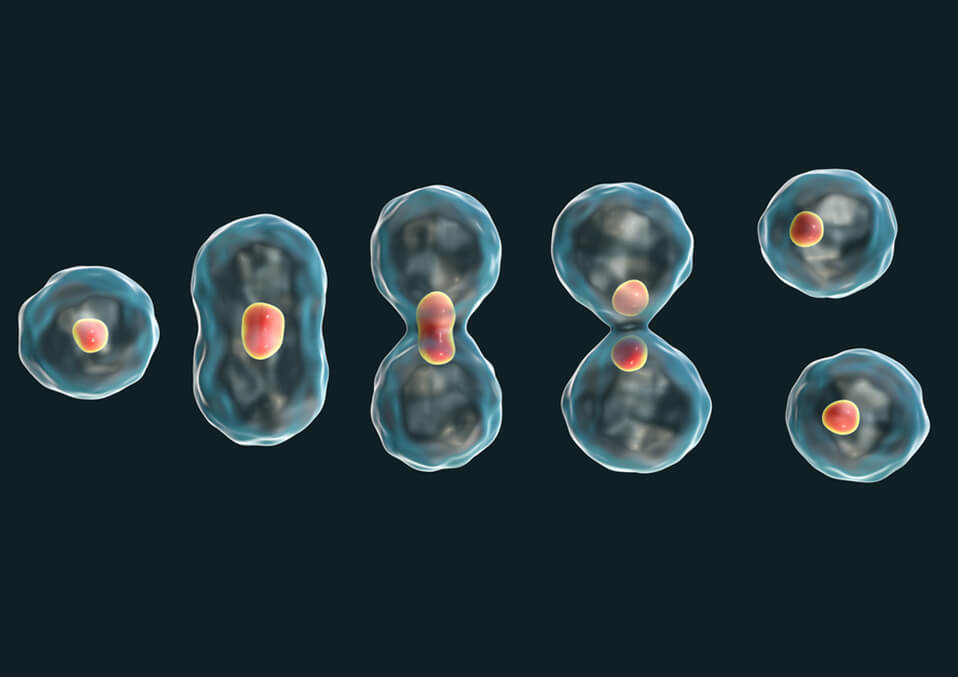
If you are trying to conceive, then you may have heard about implantation cramps. However, there are a lot of women out there who do not have any idea what it is and how they get it. They are very similar to menstrual cramps, so when they find out they are pregnant, it can be a total surprise. It can also build up the anticipation for those who are trying to get pregnant. If you want to know all about implantation as well as how long does implantation cramps last, then keep reading.
How does implantation happens?

A lot of women are aware of what exactly happens during conception. However, what happens after is not common knowledge. This is known as implantation and unlike conception, most women do not notice that this is happening. Implantation is basically what happens when the dividing cells are going through the fallopian tube and will try to get buried into the uterus. Once it has buried itself to the uterus, the embryo will then hatch and the body will prepare itself to carry the growing baby. This is also the time that the placenta will start to build up. Your menstruation will also stop, and it will most likely make you feel tired and moody. However, not every woman can feel the sudden change after conception so they cannot tell if implantation occurred.
Implantations usually last between 8 to 9 days right after the fertilization period. This is the common window, but some women experience implantation even before a week has passed and it can last for about 12 days after the ovulation period. Most people think that fertilization is the beginning of pregnancy, but the implantation has to be successful first before pregnancy can happen.
What are implantation cramps

There are a couple of signs that can indicate if implantation is happening in your body after ovulation. Some women feel that their breasts are swollen, sore, or have gotten more sensitive. Others may feel a tender abdomen and reoccurring headaches. There are other signs that can make a woman feel that they are about to get their period. Light bleeding is one of the most common ones.
Ones the fertilized egg is planted into the uterus, it will now grow and will release the human chorionic gonadotropin into the blood and urine. This particular hormone is the sign that tells the pregnancy tests that a woman is pregnant. Although, it would not exactly make the tests positive right away. It can take up to 3 to 4 days before the hormone spreads. It will spread and increase even more as the baby inside you develops. This is why experts believe that it is best to wait for at least 2 to 3 days after a missed period to take a pregnancy test. However, this only works for women who have regular menstruation.
Read also: Phantom pregnancy false pregnancy or pseudocyesis guide
Once implantation successfully happened, you will most likely feel as if you are having some cramps during menstruation. The reason behind this is that the egg has been planted into the uterine wall, although the cramps may not hurt that much, it can still be felt by some. Experts believe that only a small percentage of women actually feel it. Implantation cramps last almost the same time as menstrual cramps. However, a lot of women tend to get confused as to how they can tell the difference between the two. Menstruation is an obvious sign that you are not pregnant, but if you are experiencing PMS but your time of the month is late, then it is best to take a test after a few days.
Difference between menstrual cramps and implantation cramps

Menstrual cramps and implantation cramps have very common symptoms. These two even occur around the same time, which is usually when you are about to get your next period. This makes it even more difficult for women to figure out if they are about to have their time of the month, or if they are pregnant. One thing that can make menstrual cramps stand out is that it can be way more painful than the implantation cramps.
Read also: The unveiling truth about heartburn in pregnancy and baby hair
The intensity with menstrual cramps can be extremely intense to the point that some women simply wish to stay home and relax. Whereas implantation cramps are not even intense enough to be felt by some women. For those who can feel it, implantation cramps are described to be just an uncomfortable type of pain. Spotting also happens during implantation, which makes it even more difficult for women to identify if the slight blood is a sign of the beginning of their period or not.
If you have not been pregnant before, it can be confusing. Even for women who have been pregnant have a different experience. Both menstrual and implantation cramps are often associated with, food cravings, mood swings, smell and light sensitivity, headaches, nausea, constipation, and more.
Implantation and early pregnancy
If your menstruation hasn’t started a few days after it was supposed to, it is ideal to take a home pregnancy test just to ease your mind. Keep in mind that this particular type of pregnancy test works about 2 weeks right after your ovulation period. A common mistake most women make is that when they miss their period for a day, they will immediately take a pregnancy test. The implantation hormones are not fully spread yet so it will not be accurate, so try to wait for a few more days. It is also ideal to take at least 2 to 3 home pregnancy tests before setting up an appointment with your doctor.
Read also: Find out what causes nausea during pregnancy
A woman’s body has different ways of showing signs and symptoms when it is getting ready to carry a baby. Even during pregnancy, there may be common signs, but not everyone experiences them. Keep in mind that the best possible thing to do is to schedule an appointment with your doctor right away if ever you think you are pregnant. Women who are trying to get pregnant might watch out for these implantation cramps, especially after ovulation. Pregnancy tests are not always accurate so getting some real tests done by experts are important. If you happen to experience unbearable pain associated with the implantation cramps, be sure to mention it to your healthcare provider as well.
Read also:
- Non-Growing Fetus: Symptoms to Check
- A Closer Look at New Choice Pregnancy Test Kit
- Miscarriage Outcomes: What Happens to Your Body After?


